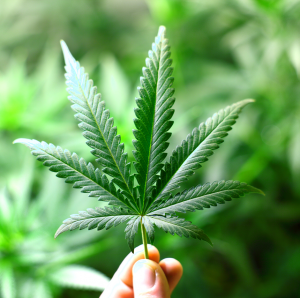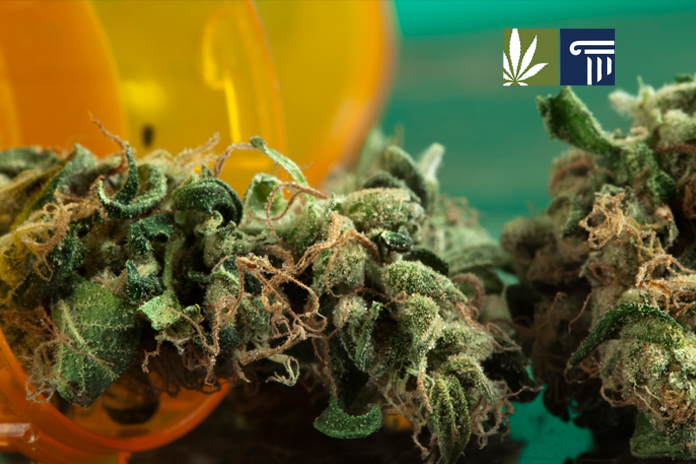Add one more to the list. Pennsylvania lawmakers moved in April to make the state the 24th to allow medical marijuana.
 The state House of Representatives voted 149-46 to send a medical cannabis bill to the desk of Democratic Gov. Tom Wolf, who was expected to sign it. The vote came after years of pleading from sick patients and the parents of epileptic children, and it followed action by the Senate nearly three years ago.
The state House of Representatives voted 149-46 to send a medical cannabis bill to the desk of Democratic Gov. Tom Wolf, who was expected to sign it. The vote came after years of pleading from sick patients and the parents of epileptic children, and it followed action by the Senate nearly three years ago.
The law will permit so-called “whole plant” cultivation and use of marijuana, including portions of the plant containing THC. This is the chemical that gets users high, and it is helpful in treating a multitude of health problems.
But the vote was driven by a concerted campaign to make CBD, another chemical in marijuana, available to children with intractable seizure disorders. CBD is non-intoxicating, a factor that has pushed many conservative states to legalize only that portion of the cannabis plant.
Whole-plant medical marijuana
Reformers in Pennsylvania were able to legalize the more comprehensive chemical approach despite intense opposition from the Pennsylvania Medical Association and other conservative groups. Doctors in many other states are supportive of medical marijuana laws.
Parents behind the Pennsylvania campaign said they had already been forced to wait far too long.
“Every day we roll the dice on our child’s or our loved one’s life,” said Christine Brann of Hummelstown, Pa., whose 5-year-old son, Garrett, suffers from Dravet syndrome, a rare and severe form of pediatric epilepsy.
Patients will be banned from smoking the drug
But the law won’t make everyone happy. As in Minnesota and New York, Pennsylvania lawmakers barred patients from smoking marijuana. Instead they will have to vaporize it, eat it, or take it in pill form, methods that are often less effective. Home grows will be prohibited.
Resistance from the usual conservative corners was fierce, delaying progress for years. Republican state Rep. Matt Baker, who voted against the bill, insisted it violates federal anti-drug laws, a claim often pushed by reform opponents.
“There’s serious consequences associated with this monumental piece of legislation,” Baker said during debate in the House.
Long list of qualifying conditions
 The new law will clear marijuana as treatment for 17 qualifying conditions, including cancer, AIDS, epilepsy, Parkinson’s disease, autism, PTSD, multiple sclerosis, sickle cell anemia, and glaucoma.
The new law will clear marijuana as treatment for 17 qualifying conditions, including cancer, AIDS, epilepsy, Parkinson’s disease, autism, PTSD, multiple sclerosis, sickle cell anemia, and glaucoma.
Patients will have to register with the state Department of Health to get medical marijuana ID cards, and doctors will be required to obtain certification before formally recommending the drug to patients.
The first recommendations likely won’t be written for at least two years, lawmakers said. Parents of epileptic children will be allowed to buy CBD cannabis from other states in the meantime, but bringing it back to Pennsylvania would be a federal crime, forcing the children to use it elsewhere – an unworkable solution for most.
Cara Salemme, whose 9-year-old son experiences multiple life-threatening seizures every day, said she and other parents like her wouldn’t wait for the state to sort out the niceties before getting medical cannabis for their children.
“There are many people in Pennsylvania who aren’t waiting,” Salemme said. “They’re healing.”
—
Leave a comment: Why does it take so long for “liberal” states such as Pennsylvania to adopt medical marijuana laws?






